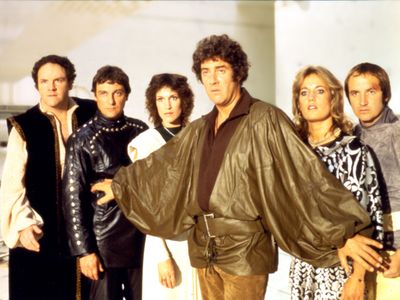5 Forgotten Sci-Fi TV Series That Deserve a Comeback
Remember those sci-fi shows that kept you glued to the TV screen, imagining fantastic futures and alien worlds? While Star Trek and Doctor Who continue to captivate audiences, several groundbreaking series from decades past have faded into obscurity despite their innovative storytelling and boundary-pushing concepts. Let's uncover five forgotten gems that are primed for a modern revival in today's golden age of television.
5. Blake's 7
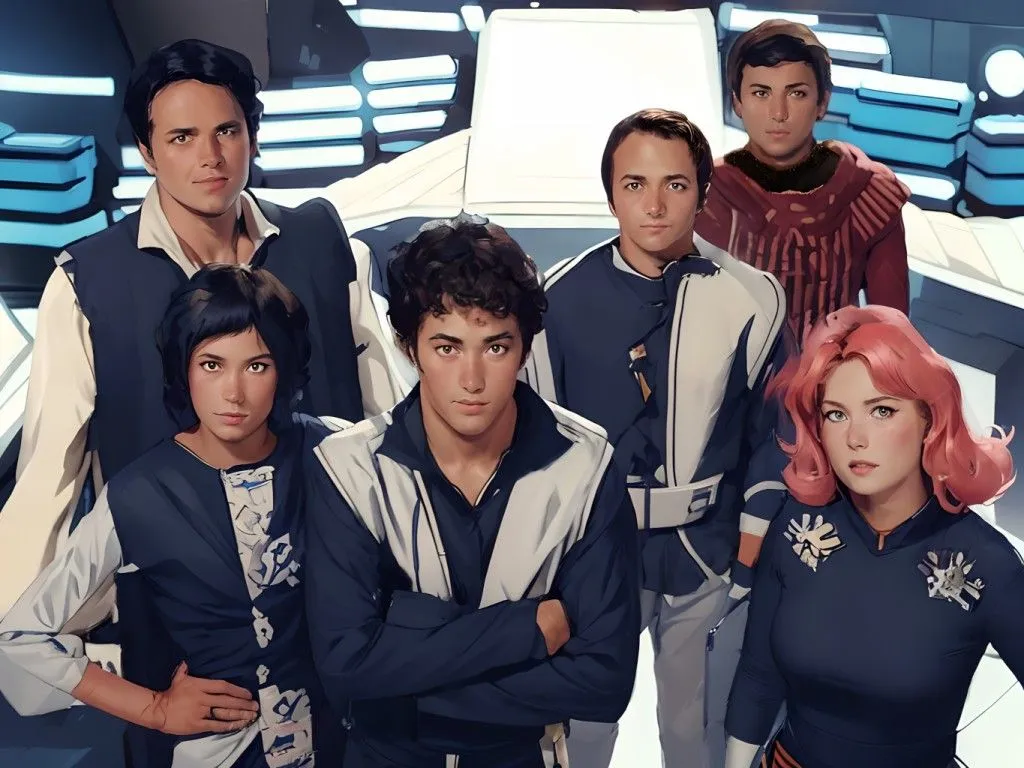
In the gritty corridors of British sci-fi, Blake's 7 stands as a prescient masterpiece that ran from 1978 to 1981. The show follows Roj Blake and his band of rebels aboard the powerful alien spacecraft Liberator, fighting against the oppressive Terran Federation. What set Blake's 7 apart was its unflinching portrayal of morally ambiguous characters, particularly the dynamic between idealistic Blake and the cynical, brilliant Avon. Their intergalactic resistance movement tackled weighty themes like personal freedom, political corruption, and the cost of rebellion. Despite its modest budget, the show's sophisticated storytelling and complex character arcs created a unique anti-establishment narrative that resonates even today. The series' most compelling aspect was its audacious approach to consequences - heroes didn't always win, loyalty was perpetually tested, and characters faced genuine peril. While the special effects might seem quaint by modern standards, the show's mature themes and serpentine plotting make it perfect for a contemporary reimagining.
4. UFO
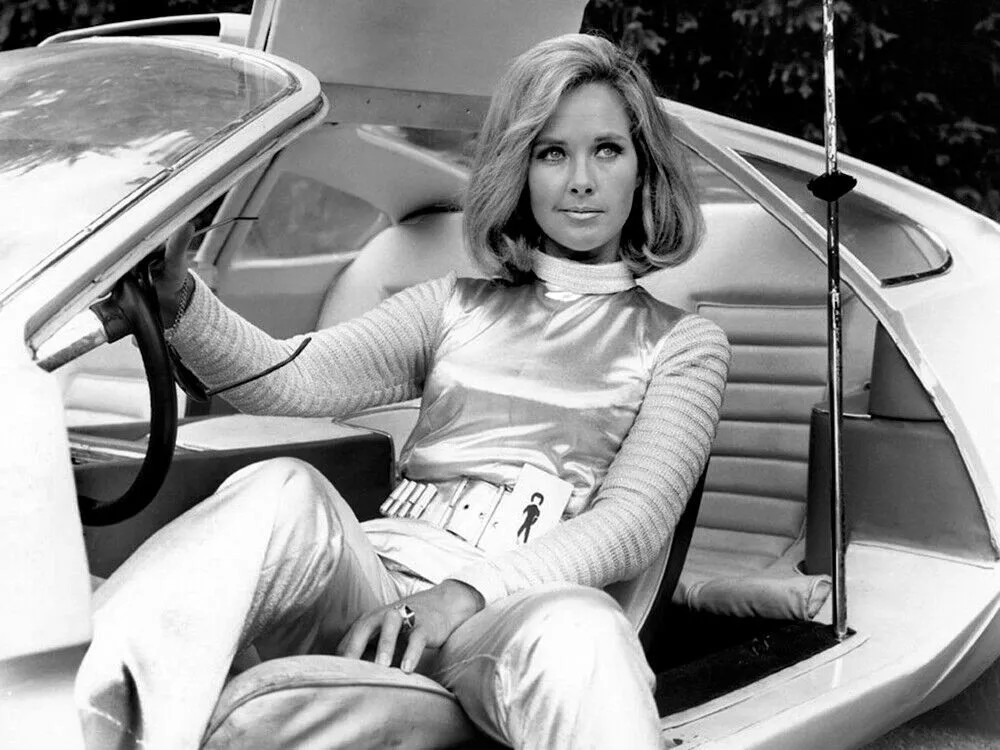
Created by visionary producer Gerry Anderson in 1970, UFO broke new ground by blending military drama with extraterrestrial intrigue. Set in the "future" of 1980, the series centered on SHADO (Supreme Headquarters Alien Defense Organization), a clandestine organization protecting Earth from mysterious aliens harvesting human organs. Commander Ed Straker, while maintaining his cover as a film studio executive, led a sophisticated defense network that included submarines, moon bases, and orbital interceptors. The show's distinctive aesthetic featured purple-wigged moonbase operators and sleek, retrofuturistic hardware that still looks striking today. Unlike many sci-fi shows of its era, UFO dealt with adult themes like sacrifice, paranoia, and the toll of keeping Earth's defense a secret from the public. The series crafted a unique atmosphere where the enemy remained largely unseen, creating a pervasive sense of unease. Its exploration of surveillance, secrecy, and the human cost of defending Earth feels eerily relevant to contemporary audiences.
3. The Invaders
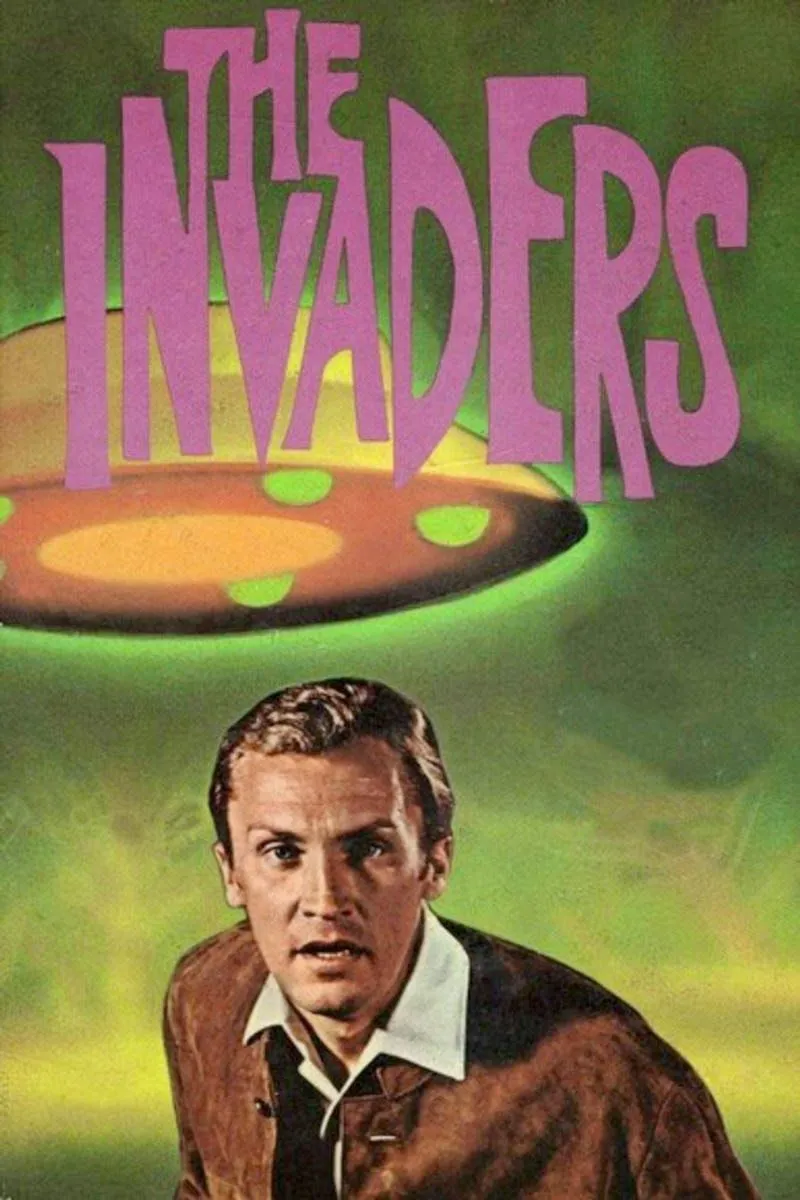
This paranoia-fueled series from 1967 follows architect David Vincent, who stumbles upon a chilling truth - aliens are secretly infiltrating human society. The extraterrestrials appear human except for their telltale rigid pinky fingers and inability to bleed when injured. Vincent becomes an indefatigable crusader, traveling from town to town to expose the insidious invasion while facing constant skepticism from authorities. The show masterfully tapped into Cold War anxieties about infiltration and subversion, creating nail-biting tension as Vincent struggled to identify who was human and who wasn't. The aliens' ability to dissolve upon death left Vincent perpetually unable to prove their existence, adding to his frustrating quest. Each episode ratcheted up the suspense as seemingly ordinary people revealed their sinister nature in quiet American towns. The Invaders' premise of hidden enemies walking among us remains deeply unsettling, making it perfect for a modern adaptation exploring contemporary fears about identity and trust.
2. Space: 1999
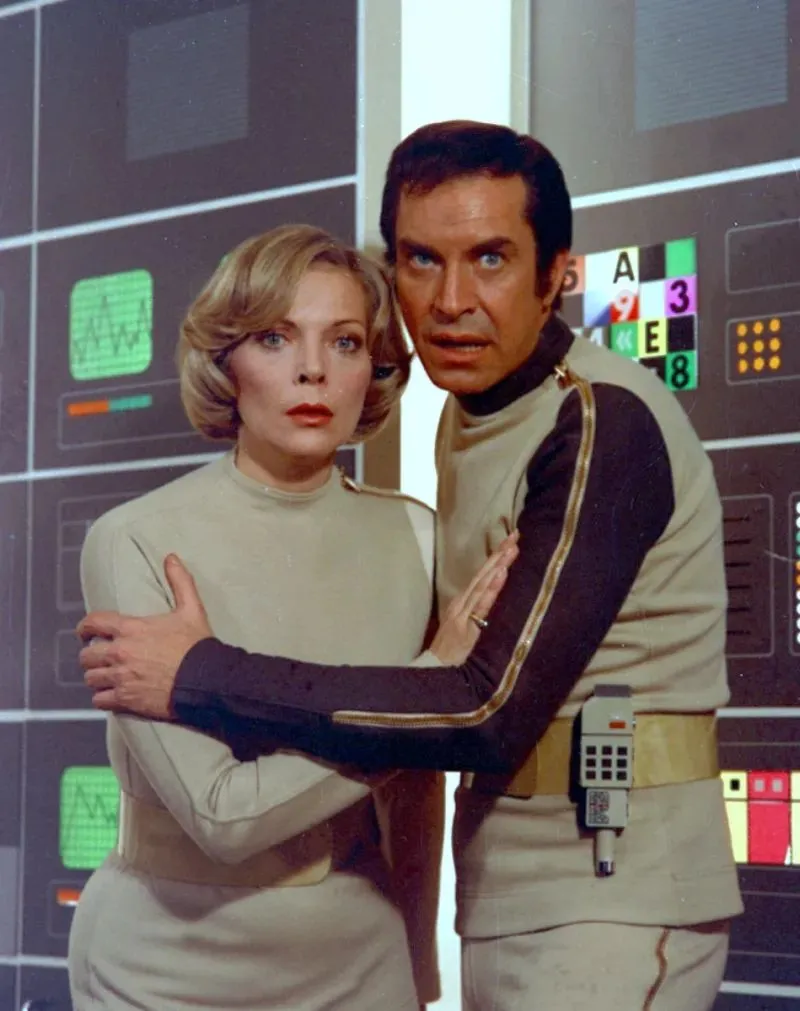
This ambitious series chronicled the plight of Moonbase Alpha after a nuclear waste explosion hurls Earth's moon into deep space, taking 311 crew members on an involuntary cosmic odyssey. Commander John Koenig and Dr. Helena Russell led the stranded crew as they encountered otherworldly phenomena, mysterious alien civilizations, and mind-bending astronomical events. The show's lavish production values and ethereal soundtrack set new standards for television sci-fi, while its first season explored existential themes about humanity's place in the universe. Moonbase Alpha's pristine white corridors and eagle transporters created an iconic aesthetic that influenced sci-fi design for decades. What made Space: 1999 unique was its blend of hard science fiction with metaphysical elements, suggesting that some higher power might be guiding their journey through the cosmos. Despite shifting to more action-oriented stories in its second season, the show's core concept of humans adrift in space, forced to build a community while facing the unknown, remains captivating.
1. The Time Tunnel
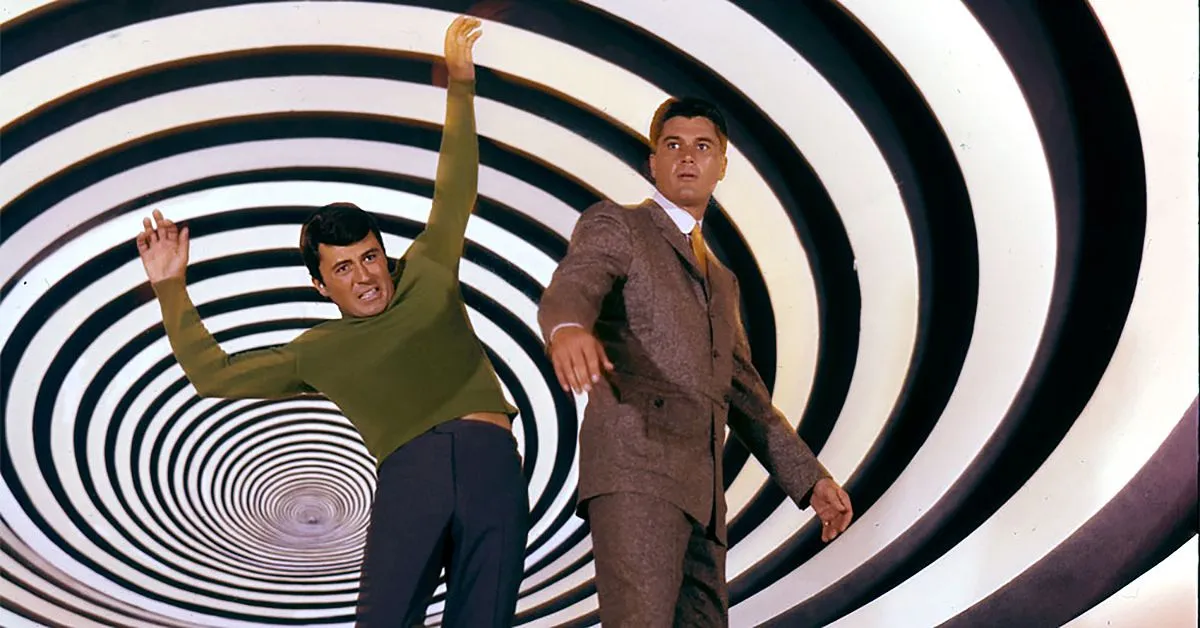
This ingenious 1966 series explored the perils of temporal displacement through scientists Dr. Tony Newman and Dr. Doug Phillips, who became trapped in an experimental time travel project. The eponymous tunnel, a massive government-funded device, hurled our protagonists into history's pivotal moments, from the sinking of the Titanic to the Battle of the Alamo. Each week, the scientists attempted to navigate historical events while their colleagues in the present frantically tried to retrieve them. The show's unique format allowed it to seamlessly blend science fiction with historical drama, creating compelling stories that were both educational and thrilling. Despite lasting only one season, The Time Tunnel's sophisticated premise tackled complex themes about destiny, causality, and the responsibility of knowing future events. The show's dramatic tension came from the scientists' moral dilemma - whether to prevent historical tragedies or preserve the timeline. Its combination of historical authenticity and sci-fi elements makes it perfectly suited for a modern reimagining.
